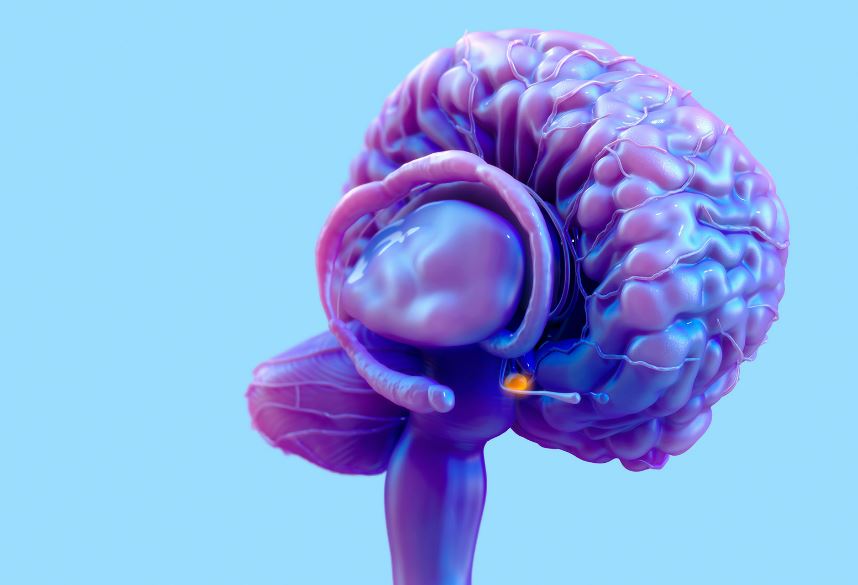Professor Shern Chew
Consultant Endocrinologist
Specialist expertise: Pituitary Disorders, Adrenal Endocrine Disease, Familial Endocrine Disease, Endocrine Tumour, Calcium Imbalance, Endocrinology.
Pituitary disorders occur when the pituitary gland produces too much or too little of a particular hormone.

The pituitary gland is a pea-sized gland that’s located underneath the brain and is responsible for producing hormones that enable other glands in the body to function properly. Pituitary disorders occur when the pituitary gland makes too much or too little of a particular hormone.
The most common pituitary disorders include:
Pituitary disorders are considered rare, with an estimated 70,000 people affected in the UK. They can affect people of any age or sex but the risk is increased with certain genetic conditions including multiple endocrine neoplasia, type I (MEN I) and familial isolated pituitary adenoma (FIPA).
An overactive or underactive pituitary gland is a common cause of pituitary disorders. Pituitary disorders can also be caused by a tumour on the pituitary gland called a pituitary adenoma. These tumours are usually non-cancerous (benign).
Other, rarer causes of pituitary disorders include a head injury, bleeding near or in the pituitary gland, and some medications including certain cancer treatments.
If a pituitary tumour starts pressing on the pituitary gland it can cause problems with hormone release so that either too much or too little hormone is secreted. In some cases, a tumour may also put pressure on surrounding structures – it may press on the nerve of the eye causing blurred or partial loss of vision, for example.
If a pituitary disorder is caused by a hormone deficiency, it can cause symptoms such as weight gain, stunted or excessive growth, high blood pressure, low sex drive and mood changes.
Pituitary disorders are diagnosed through hormone blood tests and scans of the brain.
The treatment of a pituitary disorder depends on its cause. If hormone deficiency is to blame, hormone replacement therapy is likely the best treatment.
If a tumour is the cause of a pituitary disorder, this can sometimes be treated with medication.
Our on-site pharmacy offers a seamless prescription fulfillment process. We stock products recommended by our consultants and can promptly send your prescription after your consultation for immediate pickup.
For some types of tumour, surgery may be required to remove it. If the tumour is not completely removed or if it continues to grow, further treatment in the form of radiotherapy may also be needed after surgery. Depending on how much of the gland itself is removed, lifelong hormone replacement may be required.
Currently selected day
Available consultations